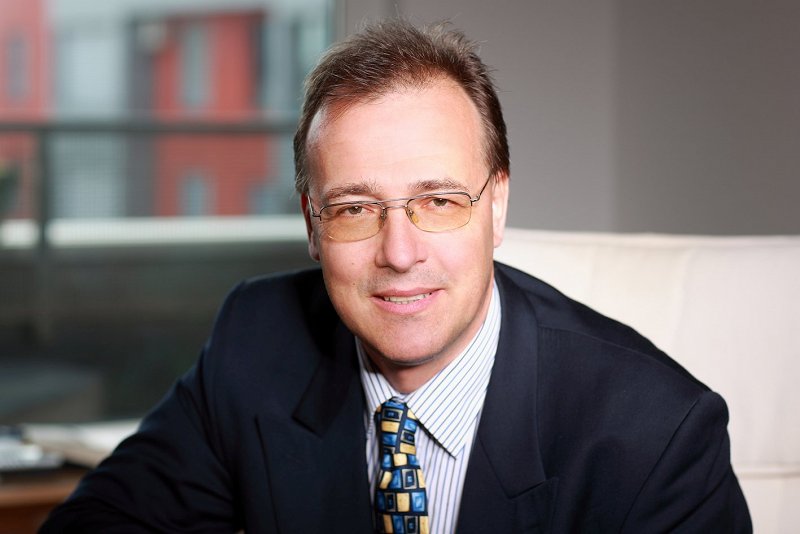Dr Darko Hanžel
 Research AssociateE-mail: Tel: +38614773518
Research AssociateE-mail: Tel: +38614773518 Dr. Darko Hanžel studies materials properties with measurements of magnetic and electric hyperfine fields using Mössbauer spectroscopy. During his PhD he developed a very efficient detector for conversion electrons which he applied to nondestructive studies of interfaces between a thin film and a substrate. He coordinated an EU project on degradation of materials in aggressive environments (1993-1996). Between 1993 and 2002 he was very active in his laboratory in Slovenia and cooperating laboratories in Mainz, Göttingen, Darmstadt, Madrid and Budapest. When returning to Slovenia he investigated properties of different battery cathode materials, in cooperation with National Institute of Chemistry, in-situ and in-operando using Mössbauer spectroscopy. He investigated the properties of magnetic nanomaterials and their phase transitions. In cooperation with Rudjer Bosković institute he studies the properties of minerals and sediments in Slovenia and Croatia. Using an example of aluminum- and iron-containing MIL-100, he and his coauthors demonstrated that 27Al NMR spectroscopy, when combined with first-principles calculations and magnetic, X-band electron paramagnetic resonance, Fe K-edge extended X-ray absorption fine structure, and Mössbauer measurements, enables one to accurately determine the arrangement of Al and Fe within the metal trimers, which are the basic building units of MIL-100. In his studies of iron phosphate catalysts for methanol synthesis he determined the prevailing phases and their phase changes in different reaction atmospheres in catalytic process. In cooperation with industrial partners he investigated properties of frozen solutions of magnetic materials, and developed a method that enables measurements od Mössbauer spectra on frozen solutions.
His work has been presented in more than 70 papers in international journals and several invited talks at conferences. He has been active as Slovenia's representative in IBAME (International Board on Applications of Mössbauer Spectroscopy) abd as a member of advisory boards of several international conferences. Many students have performed their research for graduate and undergraduate degrees in his laboratory.